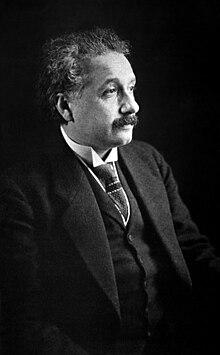Einstein, Science and Philosophy
Friedel Weinert
Abstract:
The aim of this paper is to provide a readable account of the immense philosophical legacy of Einstein’s scientific work. Einstein was not a systematic philosopher but his physical thought had philosophical consequences. In his willingness to pursue the philosophical consequences of his scientific work, Einstein followed in the footsteps of physicists like Newton, Mach, Planck and Poincaré. Einstein derived these consequences from the problem-situations, into which his work as a physicist had led him. These philosophical consequences range from metaphysics to the philosophy of physics. To a certain extent they can be regarded as answers to philosophical questions. Of particular interest is his view of the representational nature of scientific theories, in which the notion of constraints plays a significant role. An analysis of the role of constraints in Einstein’s ‘philosophy of science’ has often been neglected in the literature.
Plan
To download the article click on the link below:
https://journals.openedition.org/philosophiascientiae/305




No comments